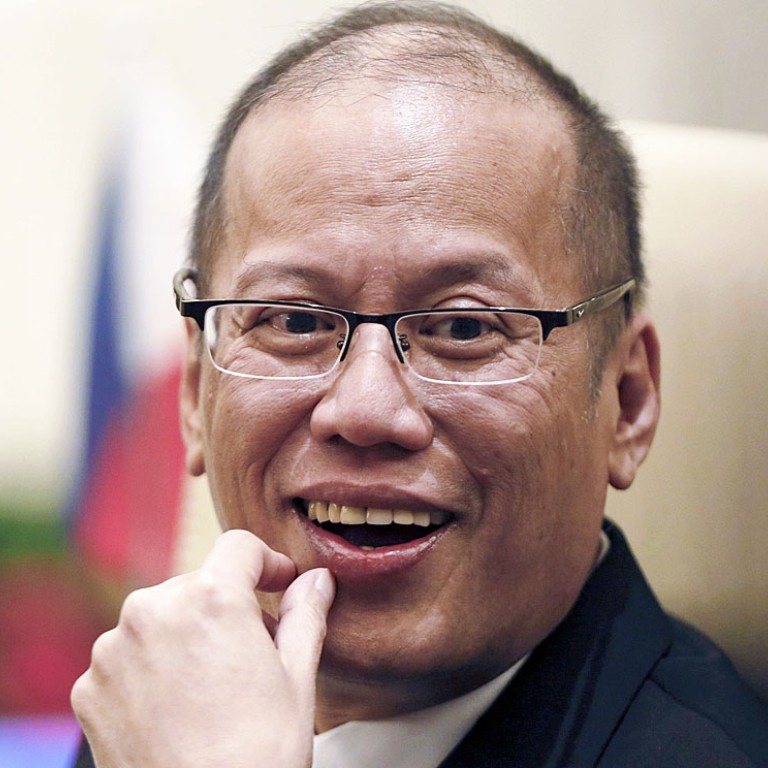
Philippine decision to ban Hong Kong journalists an affront to press freedom
Outrage and criticism were to be expected after the Philippines apparently imposed an entry ban on nine Hong Kong journalists who door-stepped President Benigno Aquino last year over the Manila hostage tragedy in 2010.
Outrage and criticism were to be expected after the Philippines apparently imposed an entry ban on nine Hong Kong journalists who door-stepped President Benigno Aquino last year over the Manila hostage tragedy in 2010. They were reportedly blacklisted as "undesirable", merely because they had hurled questions at the leader when he walked past an unrestricted zone at the Apec summit venue in Indonesia. The disclosure has, unsurprisingly, unleashed strong responses from journalist groups in both places. We trust the Philippine authorities need no further feedback to realise the ban is a wrong step to take.
The controversy came to light when a Now TV cameraman involved in last year's incident was turned away upon arrival in Manila for a vacation last Thursday. According to an official letter, he and eight others from three Hong Kong electronic media groups had been banned from covering next year's Apec meeting in the Philippines. The ban was said to have been recommended by the country's intelligence unit due to acts "committed against the president", and the journalists were said to have become a "threat to public safety".
The rationale is ridiculous. The hostage incident, in which seven Hong Kong tourists and a guide were killed by a gunman during a botched police rescue operation, remained a sticky issue for the two governments at that time. The Hong Kong reporters rightly pressed Aquino for a response amid a long-running deadlock over settlement negotiations. They were just doing what professional journalists normally do.
Retaliation for legitimate reporting is an affront to press freedom. By letting journalists report freely, a government presents an image of being open and tolerant; by shutting out those it dislikes, it results in the opposite. The incident has also unnecessarily opened healing wounds. The two sides have spent years trying to bring the unhappy chapter to an end. Steps that prevent us from moving on are to be avoided. It is good to learn that the ban will be reassessed.

